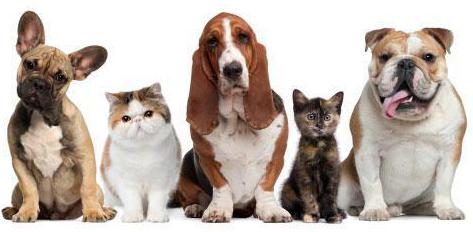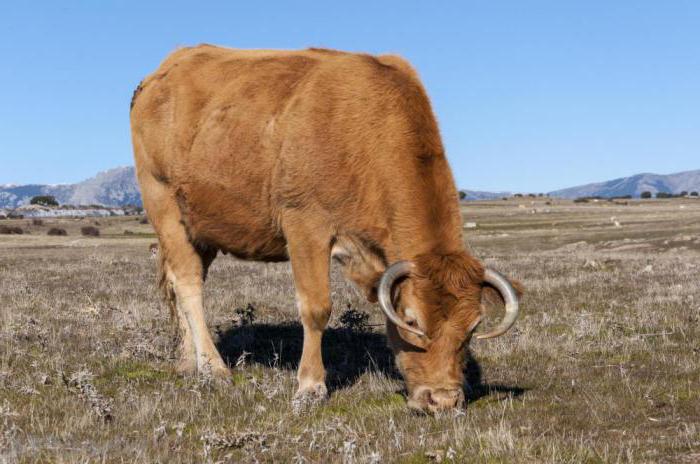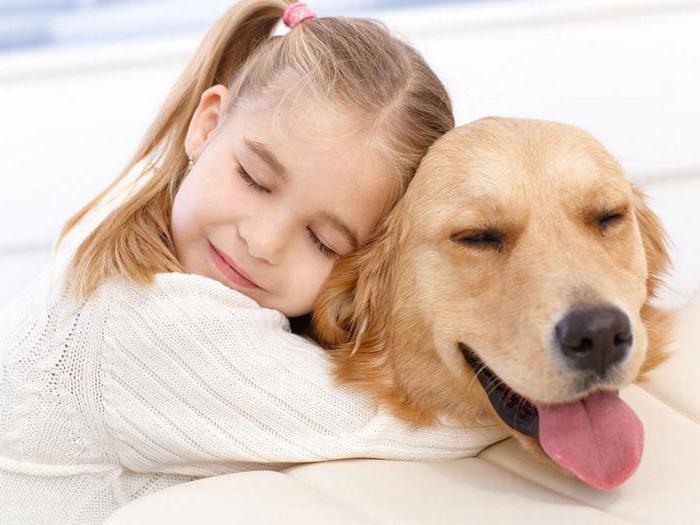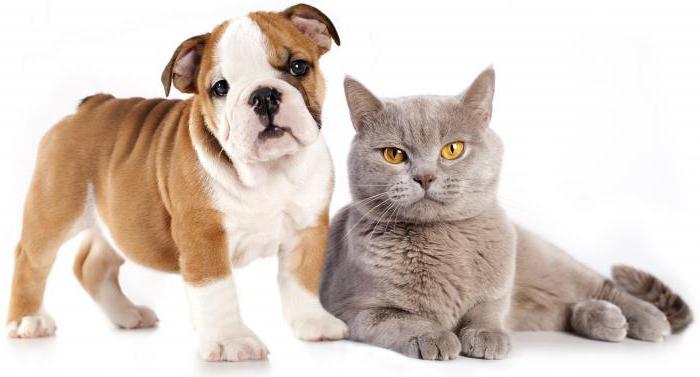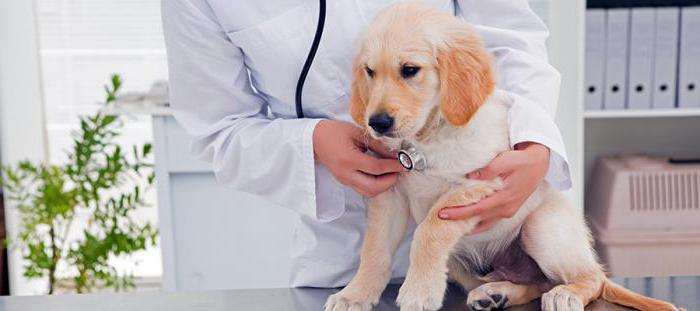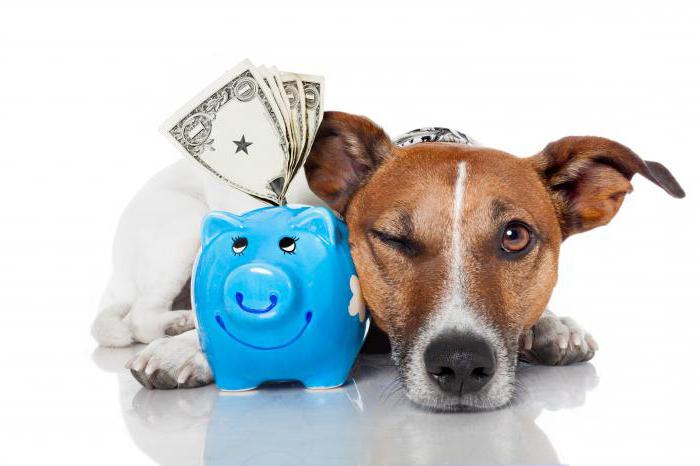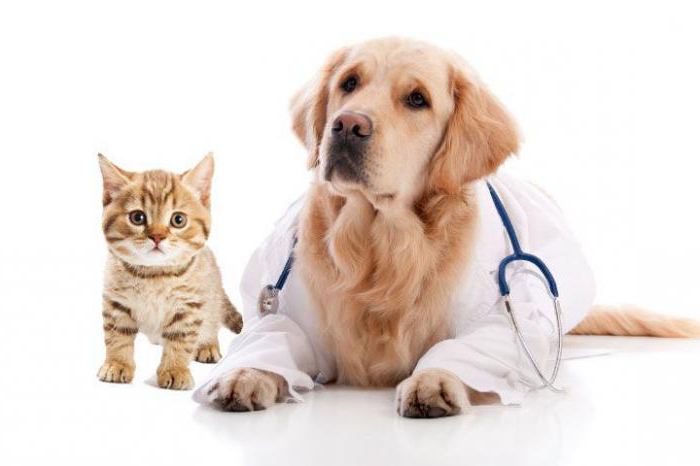Today, an increasing number of companies offer potential customers services such as animal insurance. After reading this article, you will find out why you need to take out such insurance and what risks it compensates for.
What kind of animals does this service apply to?
You can insure any healthy pet that has a veterinary passport and has passed the necessary vaccinations. An important nuance is the age of the animal. By the time of completion contract duration he should be no more than seven years old.
Different companies may have different requirements for a package of documents, which is necessary for conducting a pre-insurance examination and drawing up a contract. This service is mainly used by owners of expensive purebred dogs and cats. However, pet insurance also extends to outbred individuals with a veterinary passport with vaccination marks.
Owners of expensive exotic animals or birds planning to insure their pet are advised to contact the office of the company providing such services in order to learn more about the conditions.
Animal insurance does not apply to sick individuals and animals located in regions in which an epidemic of rabies, plague, enteritis and other infectious diseases is declared. In addition, many companies do not undertake insurance for small rodents and aquarium fish. Owners of wild or exotic animals, whose conditions of detention are far from natural, will also have to face certain difficulties.
Possible risks for pets
To date, the most common risks to animals are accidents and illnesses. Usually, the standard insurance package offered by Russian companies includes the death of a pet as a result of natural disaster, accident, lightning strike, fire or illness. In addition, many owners insure their animals in case of loss due to robbery or theft. Some domestic insurers fully cover the costs of veterinary services. Often, treatment of a thoroughbred animal is no cheaper than treatment of its owner.
In addition to the main risks, the insurance contract can provide for items related to poisoning or attack of stray dogs. Recently, cases of insurance of pets from death under the wheels of automobile transport and from abduction have become more frequent. In the process of determining risks, you must consider the lifestyle that your pet leads. In addition, it must be understood that standard animal insurance does not compensate for the risks associated with transporting pets. For these cases, extended insurance is provided.
Compulsory insurance of animals of potentially dangerous breeds
It should be noted that liability insurance valid far from all countries. In all other territories only dogs of potentially dangerous breeds are subject to compulsory insurance. In this case, the contract applies only to cases of damage by the insured dog to the life, health or property of third parties. In this case, possible legal costs will also be covered by animal insurance.In Russia, in the near future it is planned to introduce compulsory civil liability insurance for pet owners.
It should be understood that the terms of the contract do not apply to provocative actions by the victim. For example, if a dog attacked an attacker who tried to rob his master.
How to calculate the premium amount?
When calculating the cost of insurance, the amount of the insured amount determined by the insured value of the animal and the set of risks specified in the contract must be taken into account. The amount of the contribution should not exceed the insured value of the pet. It should be understood that the more serious the risks, the greater the amount of the contribution. It is also affected by conditions of maintenance and operation. Often, this amount includes the cost of the services of an appraiser, veterinarian who conducted the examination and an insurance agent.
Animal Insurance Rules
The basis for the execution of the contract is a written statement by the owner. Usually, insurers demand to attach to it papers confirming ownership and confirming the fact of registration of the animal in the animal welfare society, the club of official dog breeding or in the breeding center. The owner is also required to present a veterinary report on the state of health of the pet, papers confirming the cost of the animal and the conclusion of an expert assessment.
In most cases, the timing of voluntary animal insurance varies from 6 to 12 months. When studying the contract, special attention should be paid to the obligations of the owner of the insured animal. It is equally important to familiarize yourself with the terms of payments and the obligations of the insurer.
Features of farm animal insurance
Today, an increasing number of farmers are looking for ways to minimize possible losses. Therefore, farm animal insurance is becoming increasingly popular. Any cattle, poultry and even bees can be the object of the contract. Depleted and sick individuals, as well as animals that are in a state of prenatal or postnatal bedding, are not subject to insurance. The objects of the contract may not be animals that have a positive reaction to leukemia, tuberculosis, brucellosis and other infectious diseases.
Farm animals are insured against forced destruction upon request of representatives of the veterinary service. Before entering into an agreement, livestock must be examined by a specialist.
Losses not covered by insurance benefits
The insurance contract does not apply to:
- situations leading to the appearance of unbred offspring;
- claims filed by a third party if the insured animal has harmed him;
- lawsuits filed by the insured's relatives;
- loss of profit from the sale of offspring.
In certain situations, animal insurance against various infectious diseases is allowed. An obligatory requirement put forward at the conclusion of such an agreement is the availability of a vaccination card, veterinary examination and proper conditions of detention. In case of non-compliance with one of these conditions, representatives of the insurance company have the full right to refuse to provide services.
How should the owner of the animal act upon the occurrence of an insured event?
To receive payments, it is necessary to strictly comply with the requirements put forward by the insurance company. You must provide assistance to an injured pet. Some insurance companies require owners to preserve the remains of a dead animal. If your pet is injured at the hands of a third party, you must contact the law enforcement authorities and look for witnesses to the incident whose testimony will be required to compensate for the damage.
The owner of the insured animal is required to provide the pet with proper proper care. After the occurrence of the insured event, you should contact the insurance company as soon as possible, since the slightest delay can serve as a reason for refusing payments. If the animal was injured or sick, you should definitely contact a veterinary clinic. The doctor who examined your pet will give you relevant certificates indicating the presence of a disease or damage.
In addition, you need to be prepared to defend your own innocence. Often when disputes arise, it comes to court.
What could be the reason for the termination of the contract and what to do if it is lost?
The basis for terminating the insurance contract may be:
- full performance by the insurer of its obligations;
- expiration of the contract;
- the liquidation of the policyholder (if the legal entity acted in his role) or his death (if he is an individual).
In case of loss of insurance policy, you must contact the company with a written statement, which sets out a request for a duplicate. After it is handed over to the insured, the old contract loses its legal force. In the event of loss of duplicate to the applicant, you will not only have to write a statement, but also reimburse the insurance company for the costs of making a new policy.
